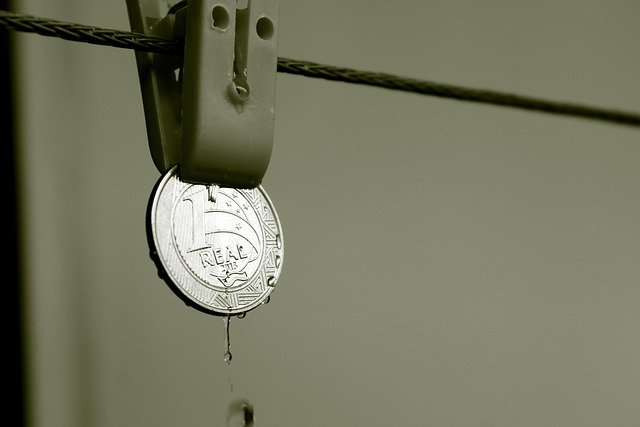Meta Description: Dreaming of a getaway without breaking the bank? Discover how to travel smart and save money on your next vacation with these 8 budget-friendly tips.
Introduction
Traveling is one of life’s greatest joys, but it can also be expensive. Between flights, accommodation, food, and activities, the costs can quickly add up. Fortunately, you don’t have to sacrifice your travel dreams to stick to a budget. With a little planning and these money-saving tips, you can enjoy an unforgettable trip without draining your savings.
1. Book Flights in Advance (and Be Flexible)
One of the biggest expenses when traveling is airfare. To save money, try booking your flights at least 2–3 months in advance. Use fare comparison websites like Google Flights or Skyscanner to track prices and set up alerts for price drops. If your schedule is flexible, flying on weekdays or during off-peak times can save you a significant amount.
2. Choose Budget-Friendly Accommodation
You don’t always have to stay in a hotel to have a great trip. Consider alternatives like hostels, vacation rentals (Airbnb or Vrbo), or even house-sitting if you’re open to a more adventurous option. If you’re traveling with friends, splitting the cost of a rental property can be much cheaper than booking several hotel rooms.
3. Use Public Transportation or Walk
While it’s tempting to rely on taxis or rideshare services like Uber, these can quickly add up during your trip. Instead, use public transportation, which is usually cheaper and gives you a more authentic local experience. Many cities also have bike-sharing programs or walking tours that allow you to explore on a budget.
4. Eat Like a Local (and Save Big)
Dining out at tourist spots often means inflated prices. To save on food, seek out local markets or street vendors for authentic and affordable meals. If you’re staying in a rental with a kitchen, buying ingredients at a local grocery store and cooking your meals can cut your food costs dramatically. Pack snacks and water for sightseeing to avoid the temptation of overpriced tourist-trap snacks.
5. Travel During the Off-Season
Traveling during peak seasons can mean higher prices for flights, accommodation, and activities. To save money, plan your trips during the off-season when prices are generally lower. Not only will you get better deals, but you’ll also avoid large crowds, giving you a more relaxed experience.
6. Look for Free Activities
Many destinations offer free or low-cost activities that are just as enjoyable as paid attractions. Look for local festivals, museums with free admission days, or scenic parks and nature trails. A little research can help you find hidden gems in any city that won’t cost you a dime.
7. Set a Daily Spending Limit
It’s easy to get caught up in the excitement of travel and overspend. Set a daily budget for things like meals, activities, and souvenirs, and stick to it. Having a clear limit will help you stay on track and avoid unnecessary expenses.
8. Buy Travel Insurance (But Shop Around)
While it might seem like an extra cost, travel insurance can save you a lot of money if something goes wrong—like a canceled flight or medical emergency. Shop around for the best deal, and make sure the policy covers the most likely situations that could affect your trip.
Final Thoughts
Traveling on a budget doesn’t mean you have to compromise on experiences. With a little planning, flexibility, and creativity, you can have a memorable trip without breaking the bank. Keep these tips in mind for your next adventure, and start saving today!
